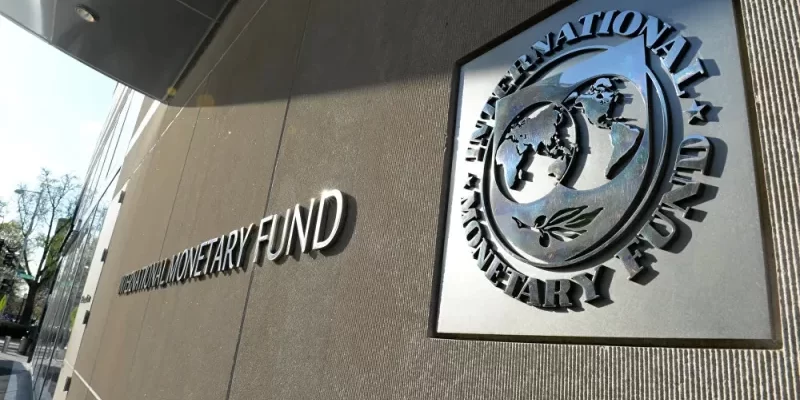The International Monetary Fund (IMF) considers that the Government will continue with the gradual removal of fuel subsidies, as long as the process is accompanied by mitigation measures, such as the direct transfer of income to the vulnerable population, in order to offset the effects adverse, declared, this Monday, in Luanda, the resident representative of the financial institution.
Victor Lledo added, in the presentation of the Article IV assessment report (from the IMF to member countries), that the subsidy removal program is important for the fiscal consolidation process (policy measures aimed at reducing deficit and debt) provided for in the General State Budget (OGE) for the current year.
He insisted that “focused measures” are needed to mitigate the effects, such as the expansion of Kwenda, a cash transfer program for vulnerable populations participated by the World Bank, which he said has been successful in rural areas, to urban areas.
“The Angolan authorities are in the process of identifying more effective and better targeted compensation measures, with a view to supporting the implementation of the second phase of the subsidy reform”, which is “an area that we are ready to help”, he assured.
Víctor Lledo highlighted, in the same sense, the authorities’ ability to reduce fuel subsidies this year, especially because Parliament approved the OGE/2024 with a sharp cut in the subsidy.
“We are very sensitive to the issue of the cost of living and the situation of poverty and vulnerability of the population.
Our recommendations are always in the sense that it is important to follow fiscal consolidation without reaching expenses in social areas and investment expenses”, stated Victor Lledo , insisting that “there is room for maneuver” in improving the efficiency of public investments and non-oil tax collection.
The resident representative of the IMF expressed support for the Government’s suspension, last Thursday, of subsidies for taxi drivers and other professional classes, considering that the measure was not being effective and that the distribution of cards “was unequal”, not generating desired results while increasing budgetary costs.
Recovery prospects
Another aspect raised by the IMF representative is the prospect of recovery in economic growth for this year, pointing to “a great dynamic underway in the oil sector”, something that will bring positive impacts on the non-oil sector, with greater emphasis on agriculture.
Another positive point, he highlighted, is the improvement in the price of a barrel of oil. “The combination of these factors brings a certain normalization, along with the dynamics that have already been observed in certain areas such as the agricultural sector”, he highlighted.
![]()




